On the morning of August 20, at Saigon College of Tourism , a Halal Tourism Seminar took place with the participation of many experts, representatives of training units, businesses...
Ms. Ngo Thi Quynh Xuan, Principal of Saigon College of Tourism, said that the seminar was organized with the aim of providing opportunities to access information, share experiences and improve professional capacity for lecturers and students studying tourism - hotel - service majors at the school, as well as businesses operating in the fields of restaurants, hotels and travel.
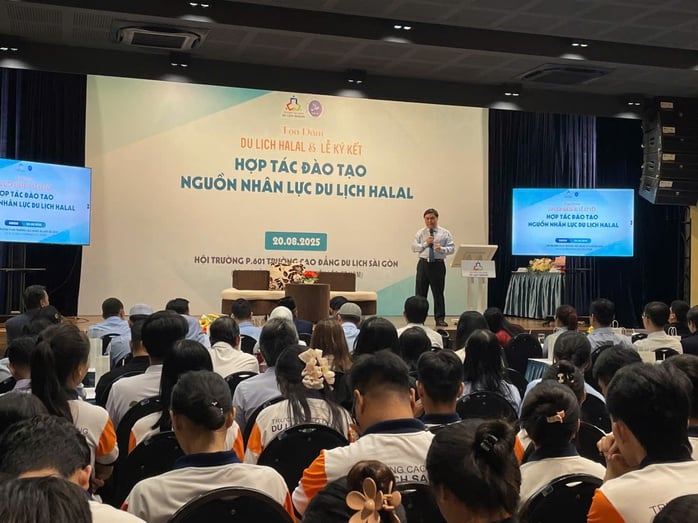
The program attracted a large number of representatives of hotel - restaurant - travel businesses, experts and hundreds of lecturers and students in Ho Chi Minh City. Photo: Huu Nghi
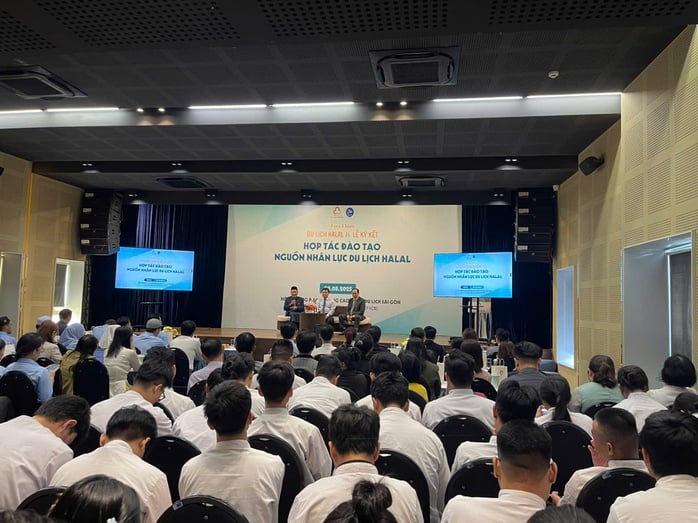
The speakers presented a series of papers and had lively discussions on various aspects of Halal tourism human resource training. Photo: Le Lam Chi
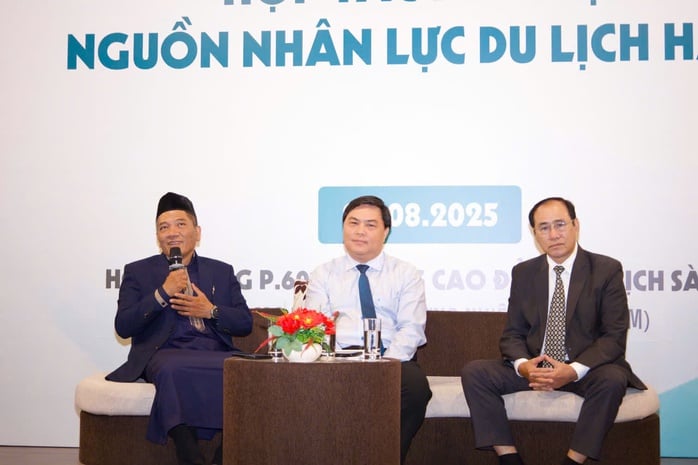
Mr. Mieu Abbas - Chairman of Vietnam Halal Organization (left cover) commented: The trend of Muslim tourists is to prioritize choosing countries with friendly destinations suitable for culture and beliefs. Photo: Le Lam Chi
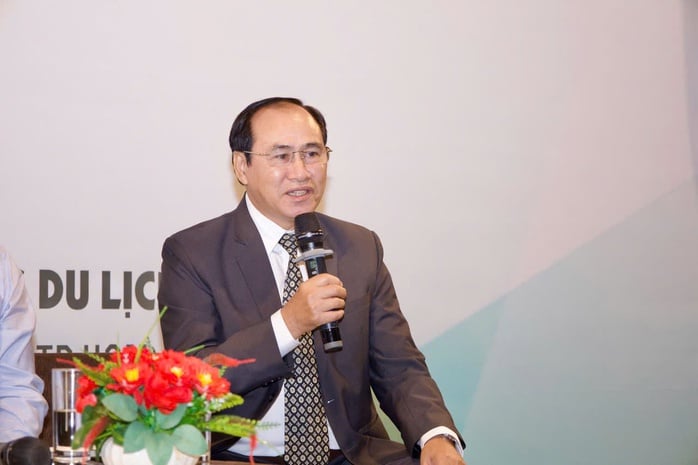
Dr. Phu Van Han - Vice President, General Secretary of the Ho Chi Minh City Association of Ethnology and Anthropology spoke at the event. Photo: Le Lam Chi
Mr. Karim Linh - Director of Vietnam Halal Training Center said: In Arabic, Halal (حلال) means "permitted" or "lawful". This is a broad term, referring to what is permitted under Islamic Law (Sharia); always accompanied by Tayyiban (purity, cleanliness). Halal is not only limited to food, but also includes all aspects of life and behavior, from finance, travel to cosmetics. It is an indispensable part of the culture and lifestyle of the global Muslim community.
In 2024, the global Halal tourism market is estimated to be around US$276 billion and is expected to grow to US$350 billion by 2030. Some more optimistic forecasts suggest that the market could reach US$548.1 billion by 2035, growing at an annual rate of around 6.1%. The growing global Muslim population, expected to reach 2.2 billion by 2030, is the main driver of demand for Halal tourism services.
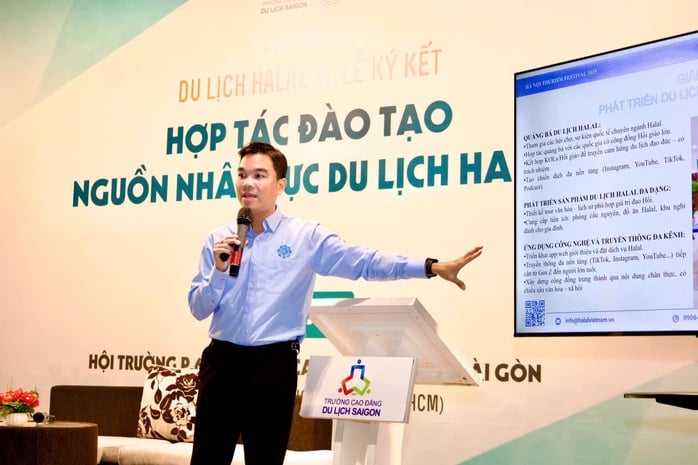
According to Mr. Le Khac Hoang Son - Director of Halal Vietnam Project Development, the current challenge is that the country still lacks infrastructure and services that meet Halal standards. Photo: Le Lam Chi
Experts say: The connection between travel agencies - destinations and specialized media serving Halal tourism is still loose. On the other hand, we also face great competition from famous destinations for Muslim tourists: Kuala Lumpur (Malaysia), Bangkok (Thailand), Jakarta (Indonesia)... Human resources that understand Muslim culture are still limited and the fact that businesses have not had the right and sufficient access to the culture, needs and standards required by Muslims is also detrimental to development.
The positive signal is that in recent years, ministries, departments and branches have increasingly paid attention to and oriented the development of Halal tourism in particular and Halal economy in general. Many events, fairs, exhibitions and related seminars have been held in many localities across the country. The Government has promoted bilateral cooperation with Muslim countries around the world. Many hotels, restaurants and tour operators have begun to deploy and set up systems to meet Halal standards.
In the coming time, the training of Halal tourism human resources needs to be focused on diverse design, suitable to the needs of learners and the labor market, covering many topics such as: hotel reception skills, service skills in restaurants and rooms, food preparation in a professional kitchen environment and consulting - training programs for businesses that want to convert or improve service quality to serve Halal tourists.
Source: https://nld.com.vn/ban-ve-dao-tao-nguon-nhan-luc-du-lich-halal-tai-viet-nam-196250820103605045.htm










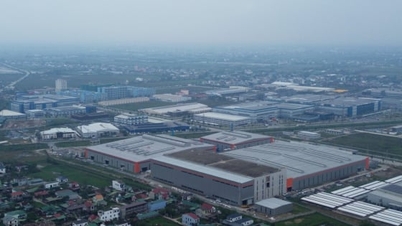



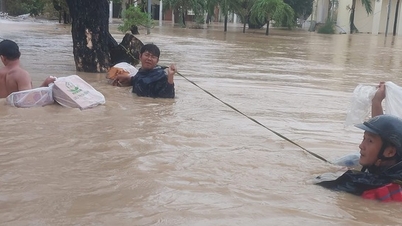
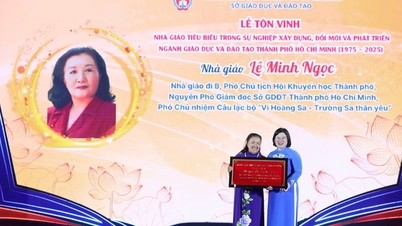
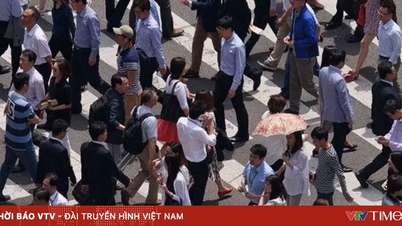

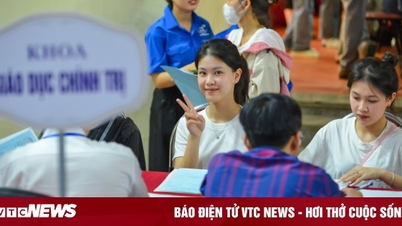

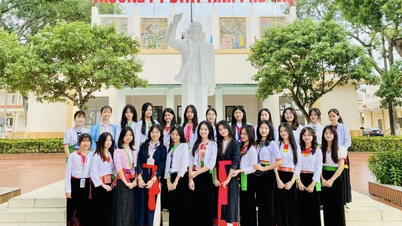

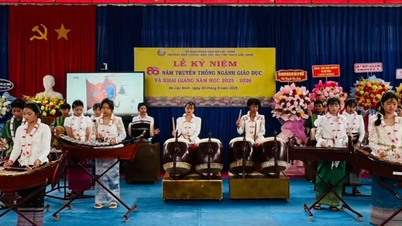
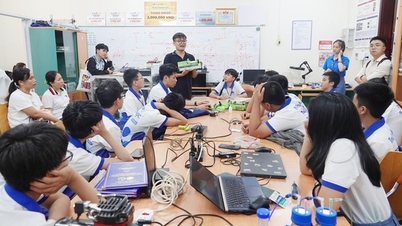
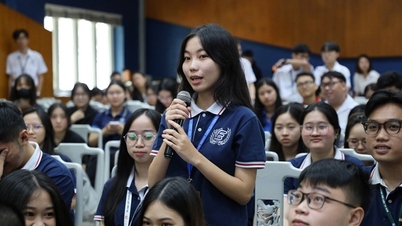
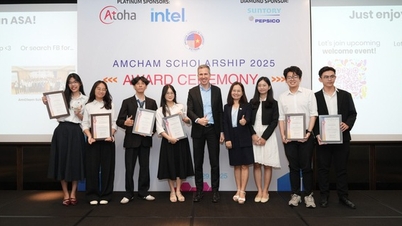




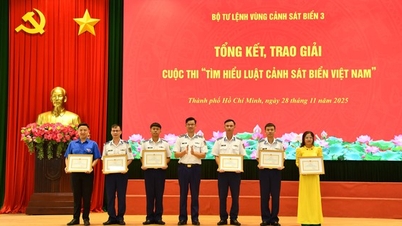

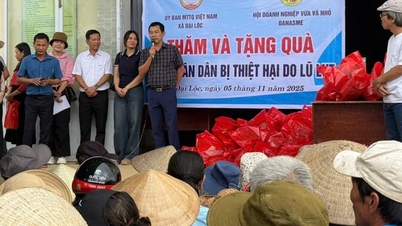
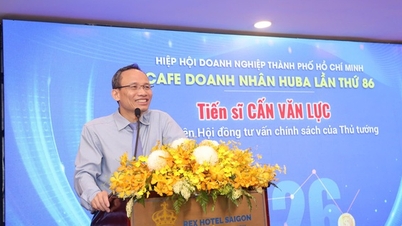
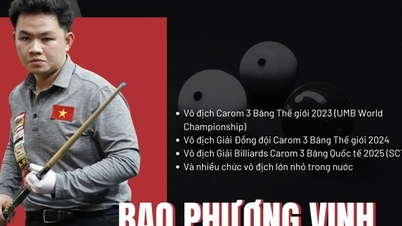




















































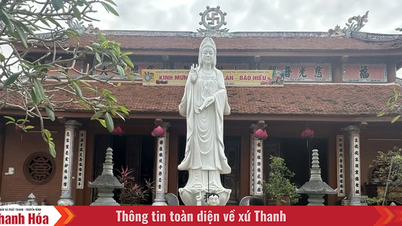

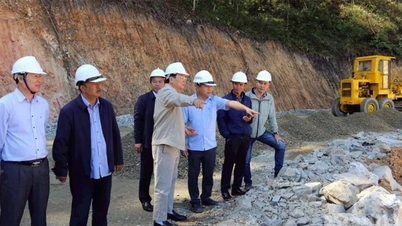

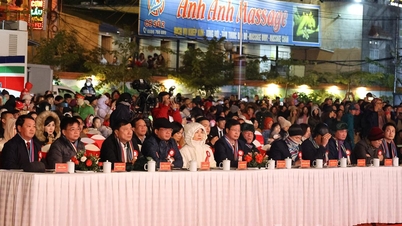


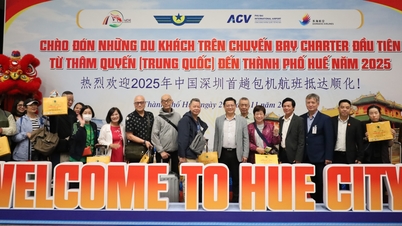












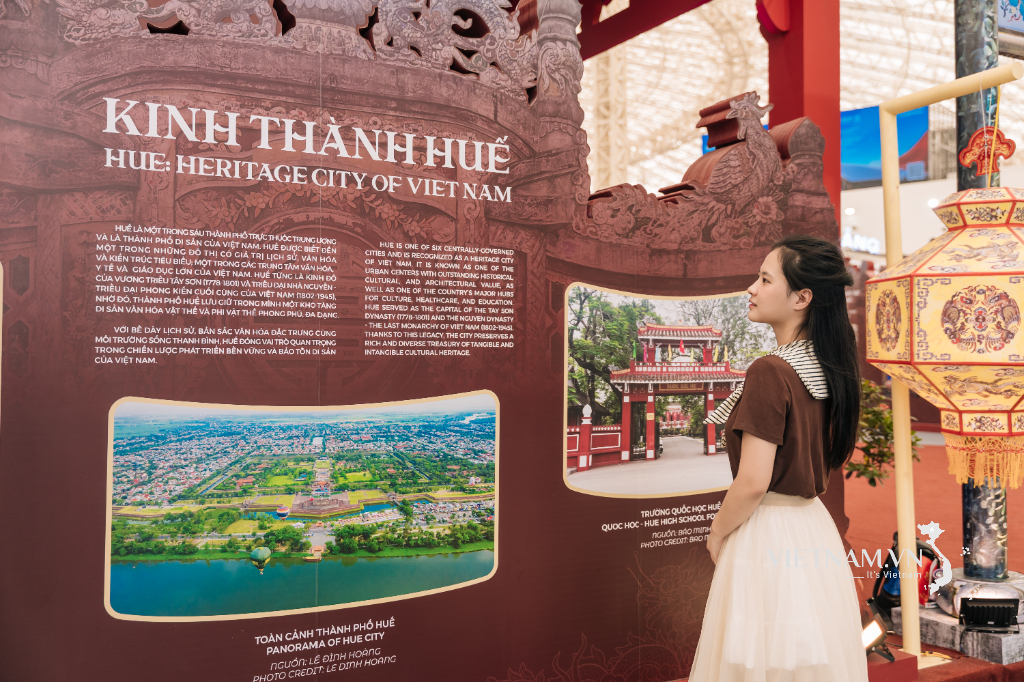



Comment (0)